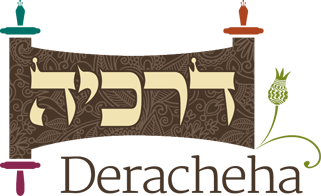| ♥ 0 |
Should a woman say Shehechiyanu or Hatov vhametiv after giving birth? or only her husband? What if she is not sufficiently dressed to make a bracha until after the baby has been taken to the nursery?
Marked as spam
|
|
Private answer
A woman should recite her own beracha when the baby is born, though she is permitted to choose to have her husband say it for both of them. Technically, a woman may recite a beracha when undressed, so long as her genitalia are not exposed. (See more here.) This is easily enough accomplished by throwing on a blanket, so should not cause a delay. If she can, she should also try to make sure that her hands are clean, though washing them is not obligatory. See more Q&A here. Marked as spam
|

